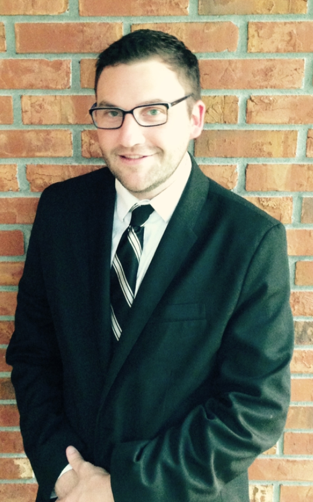 JaShondra Kenney, 30
JaShondra Kenney, 30Fort Valley State University
Major: Organizational Leadership
Expected Graduation: May 2016
Why is completing your degree important to you?
It is important to me because it was always one of my biggest dreams to get my Bachelor's degree. Not from just any institution but from Fort Valley State University. My dream was put on hold after I had my son in 2008 and was no longer able to physically attend classes on the FVSU campus. This degree is important for my growth as well as the growth of my children. I want them to understand that even when life throws you curve balls, you can still dodge them and win the game.
What are your career goals?
I plan to start Grad school in about 6 months and get my Master's in Human Resources. From there, I plan to move up with the company I currently work for.
As a child, what did you want to be when you grew up?
Growing up, I wanted to be a psychologist because I loved helping people with their problems.
Why did you choose to take online classes through eMajor?
Because it was the perfect opportunity for me to finally realize my dream.
What eMajor class has been your favorite?
My favorite eMajor class was Desktop Publishing
How would you describe the instructors you've had in your eMajor classes?
Most of them were easy to talk to and communicate with, but some were hard and made my life a little stressful.
Besides being a college student, what do you spend your time doing?
I work full-time as an Office Coordinator, and part-time from home as a Data Entry Clerk. In my free time I'm spending as much time as I can with my kids, doing hair (when my schedule permits), and just overall trying to enjoy life.
How and when do you make time for your schoolwork?
I do my homework on my lunch break, some weeknights, and on the weekends.
Who inspires you and why?
My mother inspires me because she's strong, hard-working, and a go-getter. As a single mother, my mother worked multiple jobs to make sure her children had and that she had. She was hard on us, but her being hard made us all push harder to be great. She retired, went back to school and got her Bachelor's in Business Administration then turned right back around and got her MBA - all while she was coming out of retirement and returning to work. Her strength inspires me every single day.
What would you say to someone who is considering an online degree through eMajor?
I would tell them to go for it. It's convenient and it's a great way to get that education that you've always wanted.












